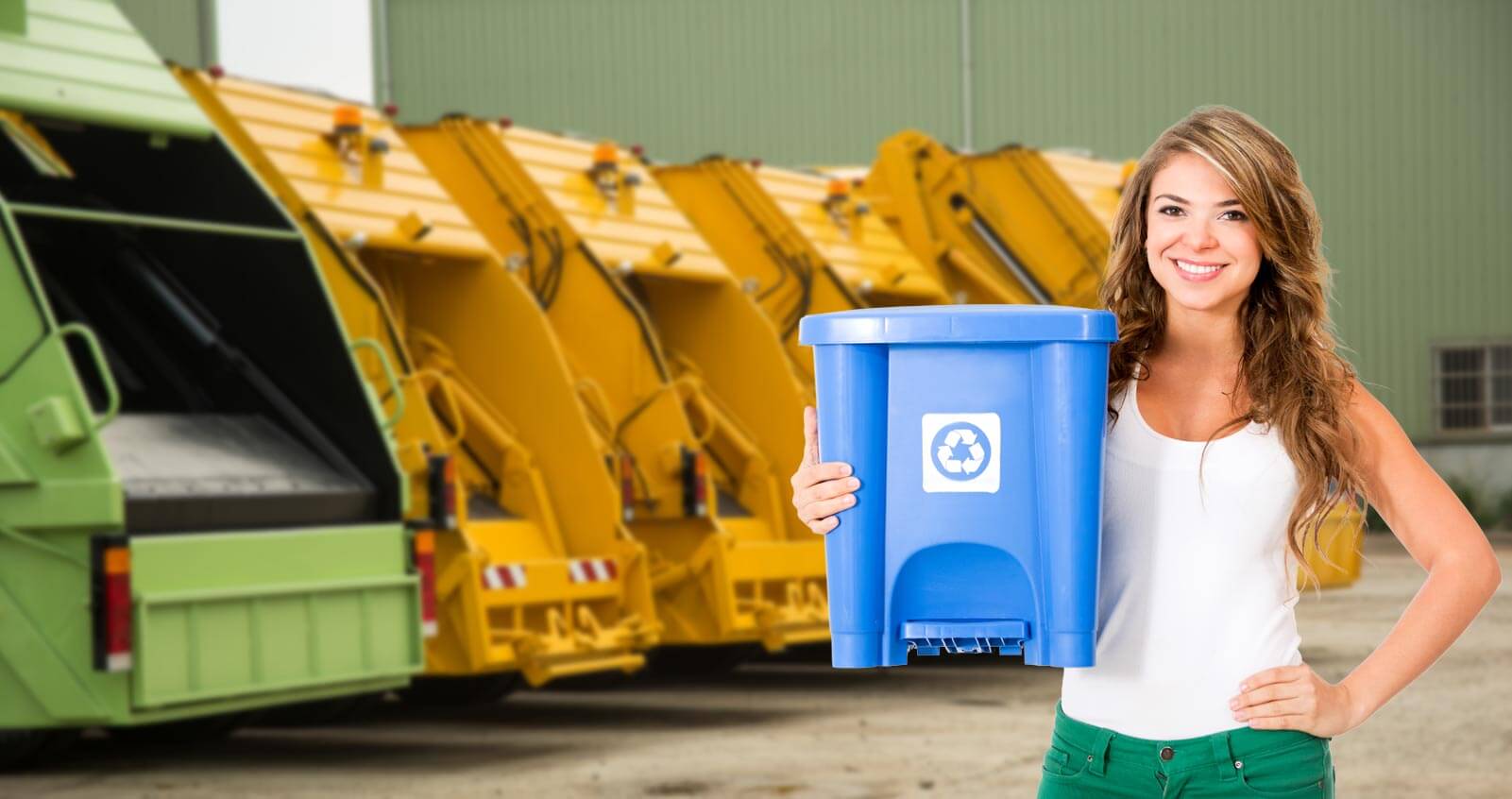Progressive Policies on Plastic Waste Reduction
Posted on 28/06/2025
Progressive Policies on Plastic Waste Reduction
Plastic waste reduction has become a pressing global issue. As the world grapples with the environmental impact of plastic pollution, many countries and organizations are implementing progressive policies to mitigate the situation. In this article, we will explore some of the pioneering policies adopted worldwide and their effectiveness in reducing plastic waste.
The Global Plastic Crisis
Plastic waste is one of the most pervasive environmental problems. Annually, millions of tons of plastic waste are produced, much of which ends up in landfills, oceans, and other ecosystems. The persistence of plastic materials in the environment poses serious risks to wildlife and human health alike.

Innovative Policies Around the World
To address this crisis, several nations have introduced groundbreaking policies aimed at reducing plastic waste. Below are some of the noteworthy efforts:
1. Single-Use Plastic Bans
Many countries have imposed bans on single-use plastics such as straws, cutlery, and plastic bags. For example, the European Union has implemented a comprehensive ban on several single-use plastics. This policy targets items that are among the most common types of marine litter.
2. Extended Producer Responsibility (EPR)
Extended Producer Responsibility is a policy approach wherein producers are given significant responsibility--financial or physical--for the treatment or disposal of post-consumer products. Countries like Germany and South Korea have pioneered EPR schemes to ensure that manufacturers take back their packaging waste and recycle it.
3. Plastic Taxes and Fees
Imposing taxes on plastic products can deter their use. Ireland, for instance, introduced a plastic bag levy that resulted in a dramatic reduction in plastic bag use. By making plastic use more expensive, such taxes incentivize consumers and companies to shift to more sustainable options.
Role of Technological Innovations
In addition to traditional policy measures, technological innovations are playing a significant role in plastic waste management. Advanced recycling techniques, such as chemical recycling, are gaining traction. These methods break down plastics to their molecular level, allowing them to be recycled indefinitely.
Challenges in Policy Implementation
While progressive policies are a step in the right direction, they are not without challenges. Implementation requires robust infrastructure, public awareness, and international cooperation. Moreover, the economic implications for industries reliant on plastic products cannot be ignored.
Pros and Cons
Pros
- Reduces the environmental footprint of plastic waste.
- Encourages innovation in sustainable materials and recycling technologies.
- Promotes public awareness and behavioral change.
- Decreases the harmful impact on wildlife and marine life.
Cons
- High implementation and compliance costs.
- Potential economic downsides for businesses dependent on plastic products.
- Challenges in enforcement and monitoring.
- Possible resistance from industries and consumers.
Tips for Individuals
- Reduce, reuse, and recycle plastics whenever possible.
- Support companies and products that use sustainable materials.
- Participate in local cleanup drives and recycling programs.
- Advocate for stronger plastic waste regulations in your community.
- Opt for biodegradable or compostable alternatives to traditional plastics.

Key Takeaways
- Progressive policies on plastic waste reduction are crucial for minimizing environmental impact.
- Various countries have successfully implemented bans, taxes, and EPR schemes to manage plastic waste.
- Technological advancements in recycling offer promising avenues for sustainable waste management.
- Challenges remain, including implementation costs and industry resistance.
- Individual actions also significantly contribute to the overall effort.
Conclusion
Plastic waste continues to be a significant global concern, but progressive policies and innovative technologies offer hope. By implementing effective measures, fostering international cooperation, and encouraging individual responsibility, we can make significant strides toward a more sustainable future. As we move forward, balancing economic considerations with environmental imperatives will be key to the success of these policies.




